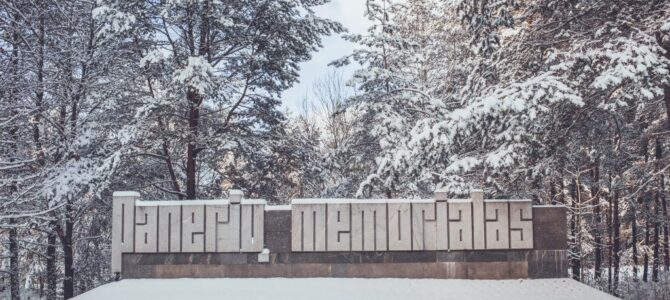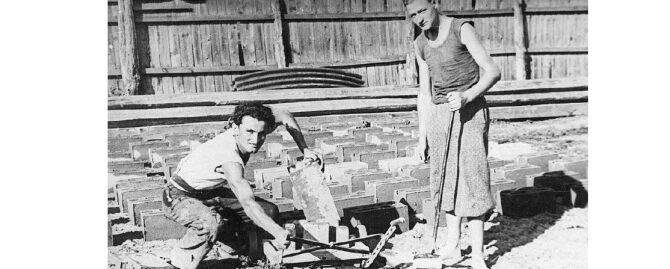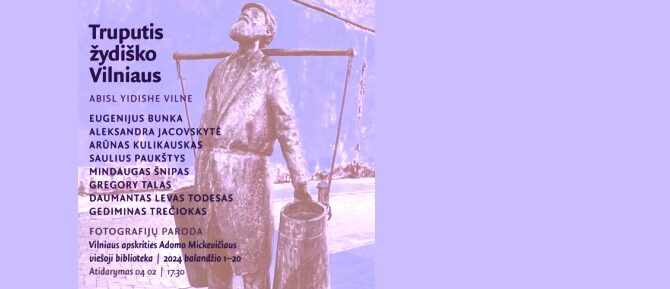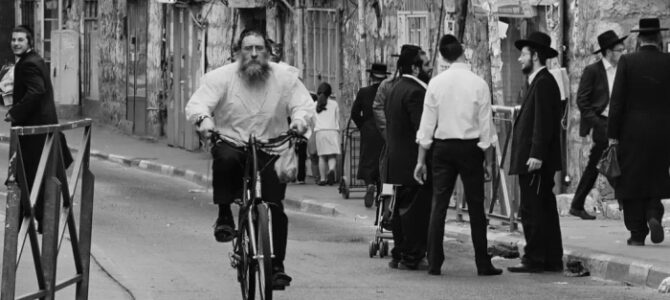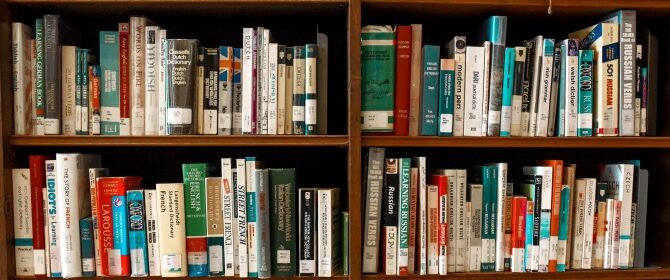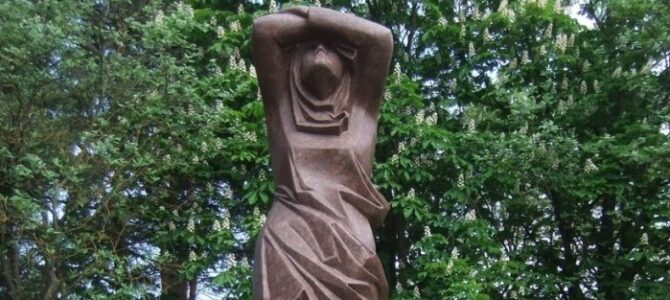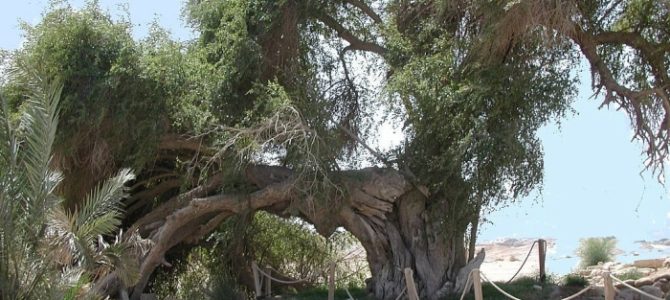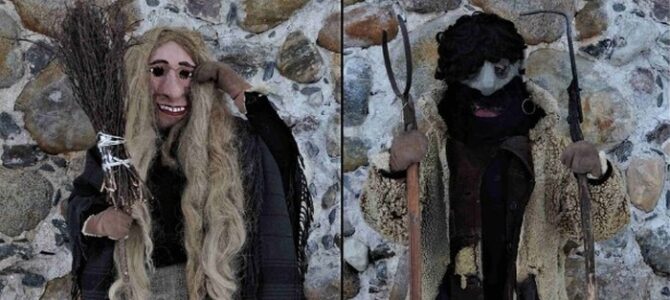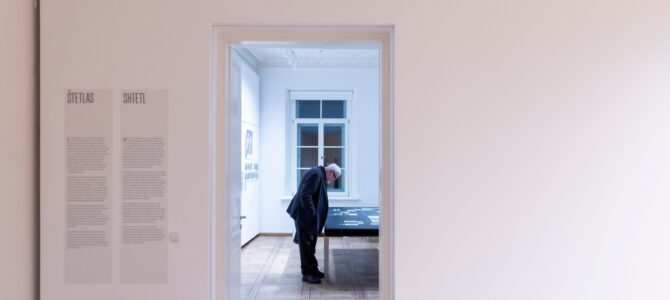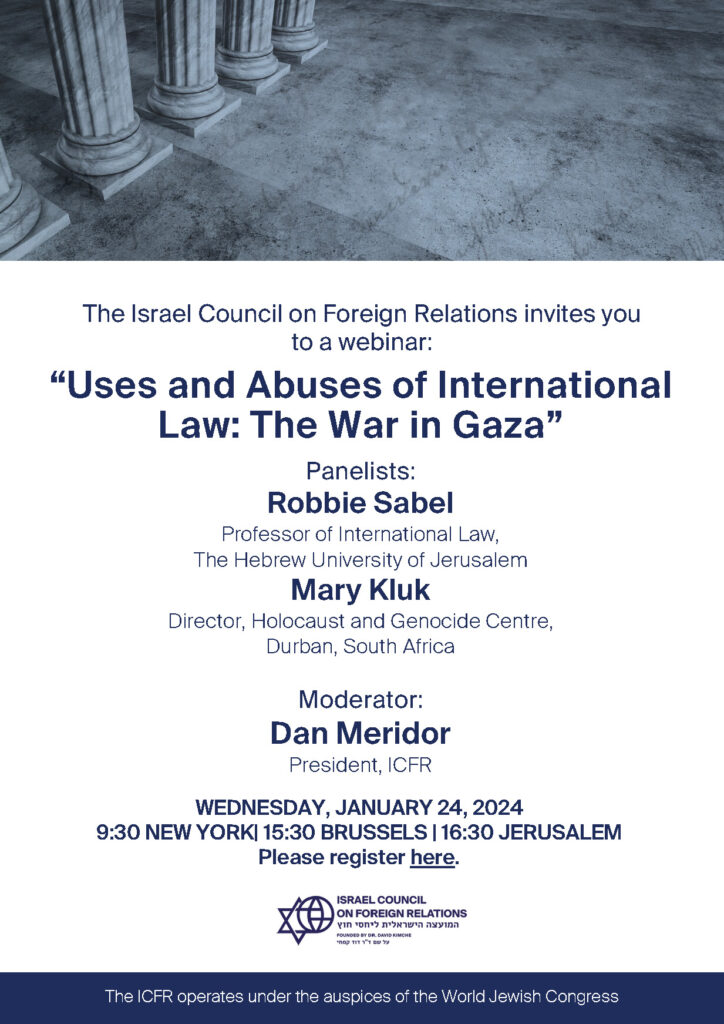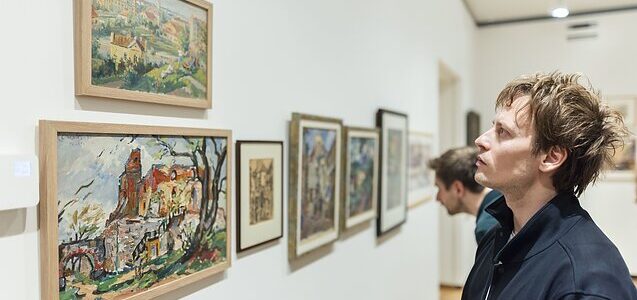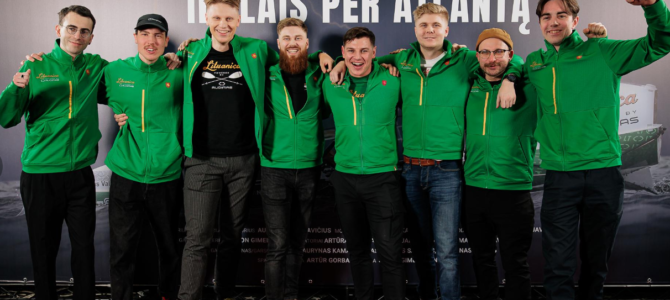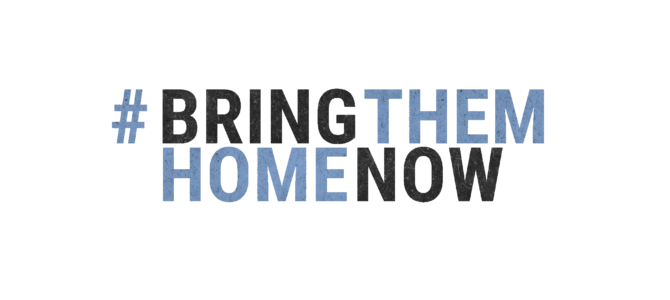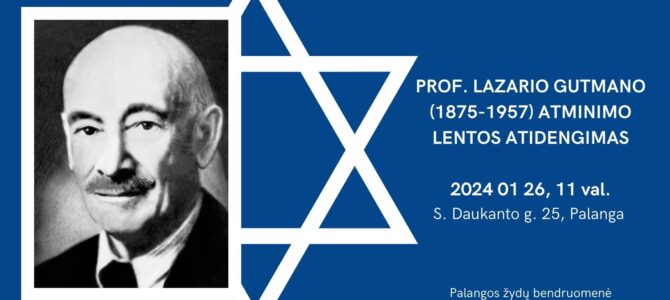The Lithuanian Jewish Community invites all members of the public to mark International Holocaust Day on January 27 by taking part in the global We Remember campaign to keep alive the memory of the six million Jews murdered in the Holocaust.
Every year the LJC addresses the Lithuanian municipalities and educational institutions requesting they join the We Remember campaign by visiting mass murder sites, maintaining grave sites, relaying the testimonies of eyewitnesses to the Holocaust and telling the horrific story which had such tragic consequences for Lithuania, Europe and the world.
On Thursday, January 25, everyone is invited to visit the mass murder site in their location to honor the victims. In Vilnius the LJC will ferry those interested by bus to the Ponar Memorial Complex where a commemoration will take place and kaddish will be performed.
The bus will leave from Pylimo street no. 4 at 11:30 A.M. sharp Thursday morning to arrive by 12 noon at Ponar. From the parking lot in Ponar a procession will make its way into the memorial complex. Later we will visit the monument to Righteous Gentiles on Maironio street in Vilnius. Register by sending an email to info@lzb.lt.
If you are unable to attend, you can still participate in the We Remember campaign:
1. Write “We Remember” on a piece of paper, card or cardboard;
2. Take a photograph of yourself or your group holding the inscription;
3. Post on social media with the hash-tag #WeRemember;
4. Send a copy to info@lzb.lt
#WeRemember


